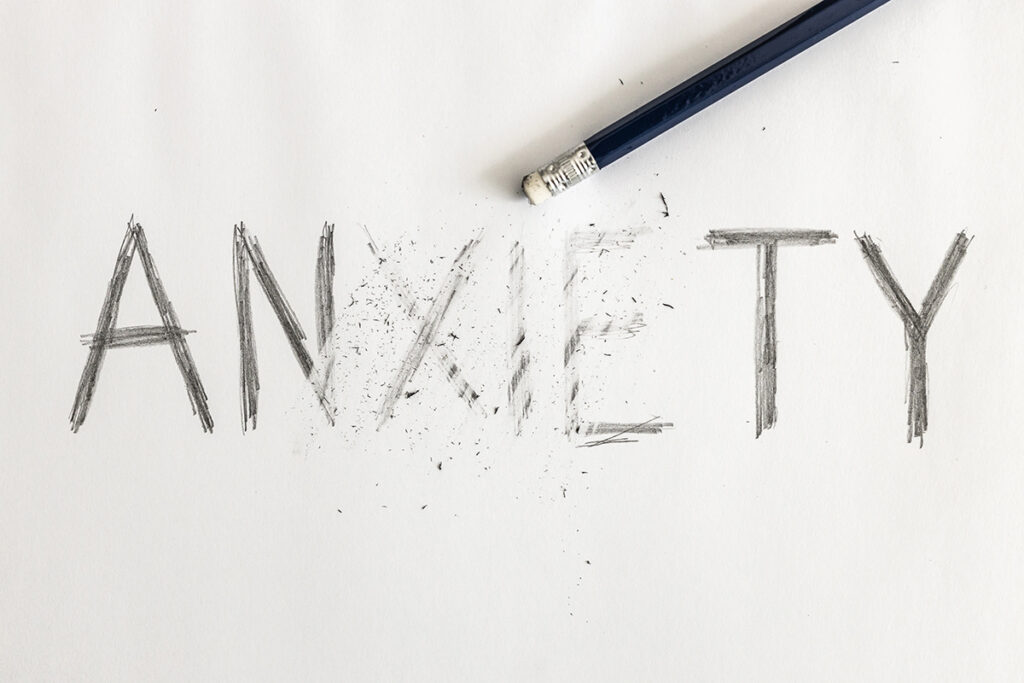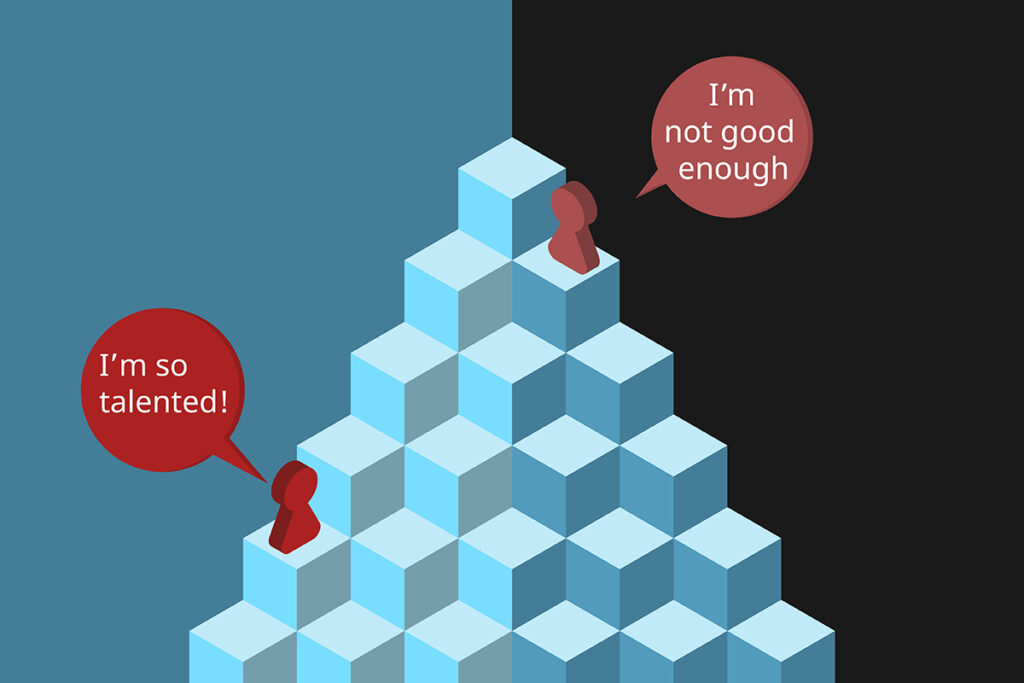Understanding the Neurobiology of Suicidal Thoughts

Suicidal thoughts can be deeply frightening. Understanding their origins, the neurobiology of suicidal thoughts can help in how we approach and deal with them.
Stop Shame and Take Your Power Back

It is important for us to understand where the deeply painful emotional experiences of shame originate, because in the acknowledgement of their roots we find opportunities for recovery and healing.
SNAP Your Way out of the Grip of Generalized Anxiety

Did you know that the experience of anxiety is a part of daily life? Like all of our emotions, it exists to alert us concerns so that we may take action and create change. Generalized anxiety, on the other hand, is just there in the forefront.
Transforming Negativity Bias into Positive Empowerment

Did you know that your brain is hard-wired to look for negative, difficult, or painful things? This is called a “negativity bias,” which means that in your data-processing system, anything negative gets priority attention.
Rejection Sensitive Dysphoria Understanding and Healing

Rejection is difficult for anyone to experience, but some people undergo it with much greater intensity than most others. If that is the case for you, it may be that you are experiencing what is known as rejection sensitive dysphoria (RSD).
Finding the Inner Motivation to Overcome Procrastination

Productive procrastination seems productive, so it can feel good, but if you are putting off tasks that need to be done to do other tasks, it could be building your stress level, and if that continues to build you could be heading for burnout.
Breaking Unhealthy Habits: Change Through Finding Purpose

Finding our purpose significantly increases the ease with which we are able to create sustainable change. It helps us more readily link into new behaviors that align with our desire to live our purpose.
Thriving Through Pain

The experiences of physical pain and psychological trauma go hand-in-hand. In order to create empowered change and self-awareness around chronic pain, we need to explore the connection between the mind and body.
Calming the Fear Brain

Recognizing when your survival brain is throwing up warning signs from your past can empower you to find balance between what your fear brain would have you do, and what you would choose to do. In this article I want to show you some tools for resilience and explain how they work.
Overcoming Worry by Deepening Your Relationship With It

Why do we worry? So often my patients will tell me that worry is dumb, and that there is no need for it. Actually, we do need to worry, but we need to put it into an appropriate context. It is important to go back to the beginning of the worry process and notice the “Why” of it.
Neuroplasticity Overcome and Create a Resilient Brain

The opportunity you have to heal your brain and keep moving forward is made possible by something called neuroplasticity—the key to building a resilient brain. We show you how to show you how to seize that opportunity in this in-depth article.